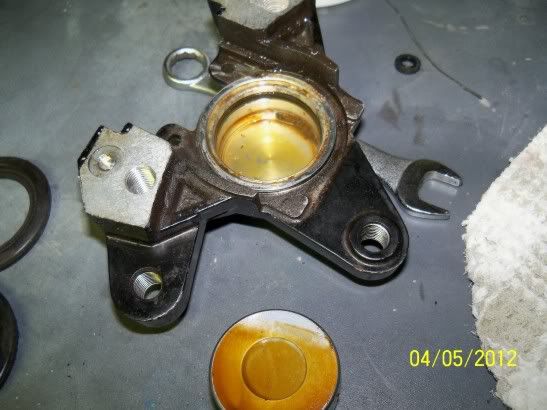So, I'm new to the forums, new to riding, and a new GS owner. All in all I love it.
But, I've been having some tough time with my front brakes. Particularly tonight coming home from work.
I have a 1970 GS 850 I bought used. When I picked it up, the previous owner said the front brakes were having some trouble. Namely, they were seized. We got it home, slowly, but could definitely tell the brakes needed work.
So, we pulled the calipers off, cleaned them out, re-installed, replaced the fluid, and all was good. The only thing we didn't clean though was the piston inside the caliper.
I took it out the other day and rode it for 5+ hours. Also, rode it today to work. Both times, no problem.
However, like I said, on my way home from work there was a bit of traffic. Sitting at a light and ready to take off, I killed my bike. Stalled it. So, I restarted and tried to get going again, but killed it again!
Basically, I had to rev it up to about 4,000 RPM and SLOWLY ease out the clutch just to get it to move any. Pulled up to a turn lane and some guy offered to help me out. Both of us together couldn't push the thing!
Well, finally was able to get it moved (using the high rev and slow going). Went to dinner for an hour and half, came back to pull the calipers off, but didn't need to because it worked totally fine!
So my question
What would cause the brakes to seize but then fix themselves after a hour and half?
Could it be connected to anything else? I did notice that it was smoking a bit and I'm thinking I need to change the oil. Could this have anything to do with it?
Would the caliper pistons remedy themselves with time like that?
Anyway, I am totally confused, and a total newb. Really hoping someone has some compassion on this guy and might have some advice.
Thanks all!
Nate
 )
)








Comment